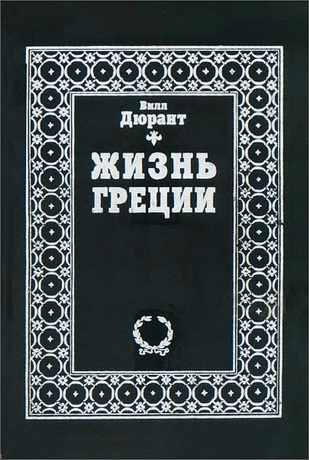
Taube - The Logika of the Judaizers
The aim of the present study is to provide the necessary ground for a discussion of two medieval Arabic philosophical texts that were translated from their medieval Hebrew translations into the language of the Grand Duchy of Lithuania in the last quarter of the fifteenth century: (pseudo־?) Maimonides’ Logical Terminology and Al-Ghazalli’s Intentions o f the Philosophers. Parts of these Ruthenian translations were combined in the Muscovite Principality into a single text, entitled Logika, first mentioned by Archbishop Gennadij of Novgorod in his 1489 letter to Ioasaf, former archbishop of Rostov. Gennadij names the Logika as one of the texts in the possession of the heretics recently discovered in Novgorod and asks his addressee whether these texts are to be found in his monastery.
The Logika is preserved in nine copies, dating from the late fifteenth through the eighteenth centuries. The section on logic in Al-GhazalT’s Intentions was extracted early on from the combined text and replaced with (pseudo-?) Maimonides5work on logic. The extracted section survived in a single copy, written down at some time between 1458 and 1483, in which the folia were preserved in utter disorder.
The Logika has been studied in the past, but never on a solid basis, since neither the Ruthenian text nor its Hebrew sources had been published in their entirety. Hypotheses about the initiators, the executors, the addressees, and the aims of the translation thus necessarily remained conjectural. The aim of the present study is to remedy this deficiency.
I owe my initiation into Slavic studies to the late Prof. Moshe Altbauer, who also introduced me to the corpus of East Slavic translations from Hebrew.
I am immensely indebted to Anatolij Alekseevic Alekseev for his help in obtaining the microfilms of most of the manuscripts. I am grateful to Anna Abramovna Pickhadze for her help in obtaining a microfilm of the Synodal copy (G) of the Logika, and to Angelika Sineva for her help in obtaining a microfilm of the Russian State Library manuscript copy (R).
Книга глаголемал, Логика, сиречь Словесница - the Book Called Logic - is a compilation of medieval philosophical texts rendered into East Slavic in the fifteenth century from Hebrew translations of the Arabic originals. Edited here for the first time in its entirety, the Logika, as it came to be known, is among the works explicitly mentioned in a 1489 letter (AFED, 320) by the archbishop of Novgorod, Gennadij Gonozov, as being in the possession of the Judaizing heretics he had recently discovered in the city. Accordingly, analysis of the Slavic translation and comparison with its Hebrew sources will provide a broader factual basis than has hitherto been available to speculate about the views of the heretics, or at least about the views that the translators from the Hebrew were trying to convey to them.
Moshe Taube - The Logika of the Judaizers - A Fifteenth-Century Ruthenian Translation from Hebrew
Critical edition of the Slavic texts presented alongside their Hebrew sources with Introduction, English translation, and commentary. – Jerusalem: The Israel Academy of Sciences and Humanities, 2016. – 713 p.
ISBN 978-965-208-204-6
Moshe Taube - The Logika of the Judaizers – Contents
Contents
Preface
Abbreviations
References
Bibliographical Abbreviations
Additional Works Consulted in the Preparation of This Volume
Introduction
1. Background
1.1 The Corpus of Translations from Hebrew into Slavic
1.2 The Judaizers
2. The Slavic Texts of the Logika and Their Hebrew Sources
2.1 The Logical Terminology
2.2 The Intentions of the Philosophers
3. The Provenance and Character of the Logika
3.1 The Translator and His Collaborator
3.2 The Language of the Translations
3.2.1 Phonology
3.2.2 Morphology
3.2.3 Calquing of the Hebrew Syntax
3.2.4 Lexicon
3.3 The Readership of the Translations
3.3.1 The Intended Readership
3.3.2 The Actual Readership
3.4 The Adaptation of the Slavic Version of the Texts
3.4.1 The Logical Terminology
3.4.2 The Intentions of the Philosophers
3.5 The Link between the Ruthenian Translations and the Muscovite Heresy
3.6 The Purport of the Logika
3.6.1 A Rationalist Credo
3.6.2 A Possible Jewish Motivation
4. Conclusion: By Whom, and to What Purpose, was the Logika of the Judaizers Composed
5. History of Research
5.1 Aleksej IvanoviC Sobolevskij (1899, 1903)
5.2 Vladimir Nikolaevic Peretc (1906)
5.3 Mikhail Nestorovic Speranskij (1908)
5.4 Sergej Leonidovic Neverov (1909)
5.5 Lev L’vovid Bedrzickij (1911, 1912)
5.6 Pavel Konstantinovid Kokovcov (1912)
5.7 Gustav Spet (1922)
5.8 Julij Davidovic Brutzkus (1930, 1935)
5.9 Haim Borodianski (1937)
5.10 Brice Parain (1939)
5.11 Andrej Jakovlevic Borisov and Klavdija Borisovna Starkova (1941-42/1993)
5.12 Vasilij Раvlovic Zubov (1950)
5.13 Jakov Solomonovis Lur’e (1955, 1960)
5.14 Aleksandr Il’ic Klibanov (1956)
5.15 Dimitry Tschizewskyj (1961, 1962, 1966)
5.16 Il’ja NikolaeviC Goleniscev-Kutuzov (1963)
5.17 Fairy von Lilienfeld (1963)
5.18 Arkadz’ Iosifavii Zurawski (1967)
5.19 Tat’jana Nikolaevna Protas’eva (1970)
5.20 Thomas M. Seebohm (1965, 1977)
5.21 Rem Aleksandrovic Simonov, Nikolaj Іvаnоvіc Stjazkin (and Pavel Sergeevic Popov) (1977, 1978)
5.22 William F. Ryan (1988)
5.23 Moshe Taube (1997)
6. The Critical Edition
6.1 The Slavic Texts
6.2 Composition of the Individual Slavic Manuscripts
6.2.1 The Logical Terminology and Al-Ghazali’s Theology
6.2.2 The ‘Kievan Logic
6.3 The Hebrew Texts
6.4 Conventions of Presentation
6.4.1 Symbols Used in the Critical Edition
6.4.2 Conventions
The Logika of the Judaizers. Slavic Texts, Hebrew Texts, English Translations and Commentary
(Pseudo-?) Maimonides: Logical Terminology
Introduction
Texts, translation and commentary
Al-Ghazali: Intentions of the Philosophers: Theology
Introduction
Texts, translation and commentary
Al-Ghazall: Intentions of the Philosophers: Logic
Introduction
Texts, translation and commentary
Glossaries and Concordantial Index
Glossary of English Terms
Glossary of Hebrew Terms
Slavic Concordantial Index
Hebrew Preface
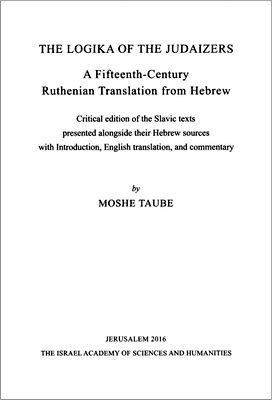
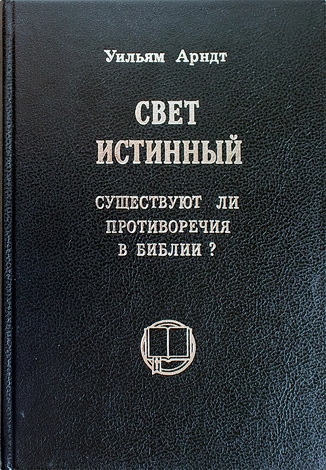
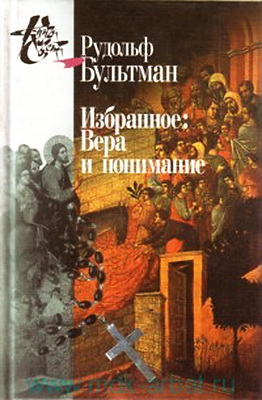
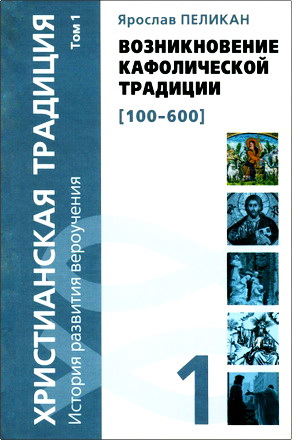
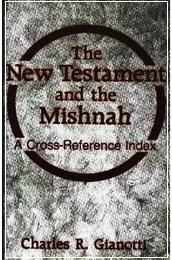
Комментарии
Пока нет комментариев. Будьте первым!